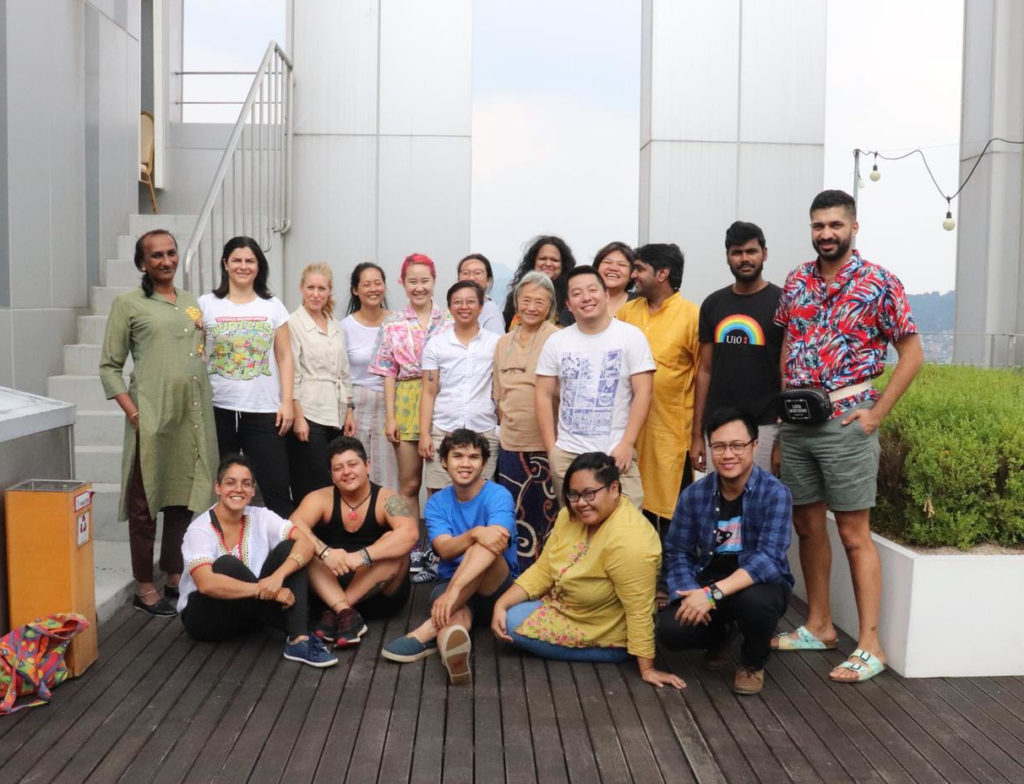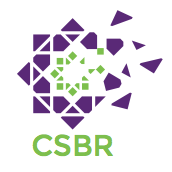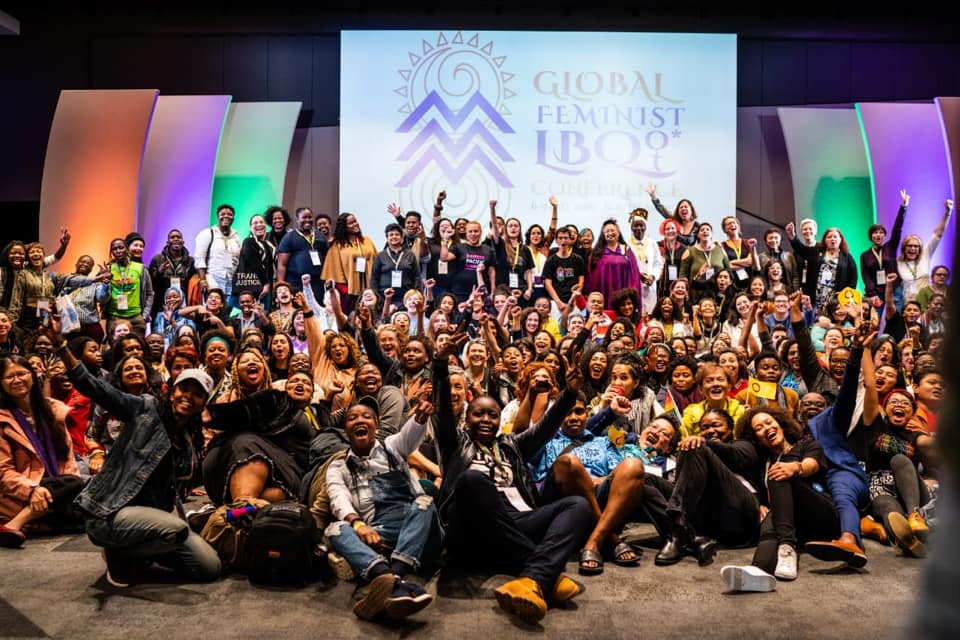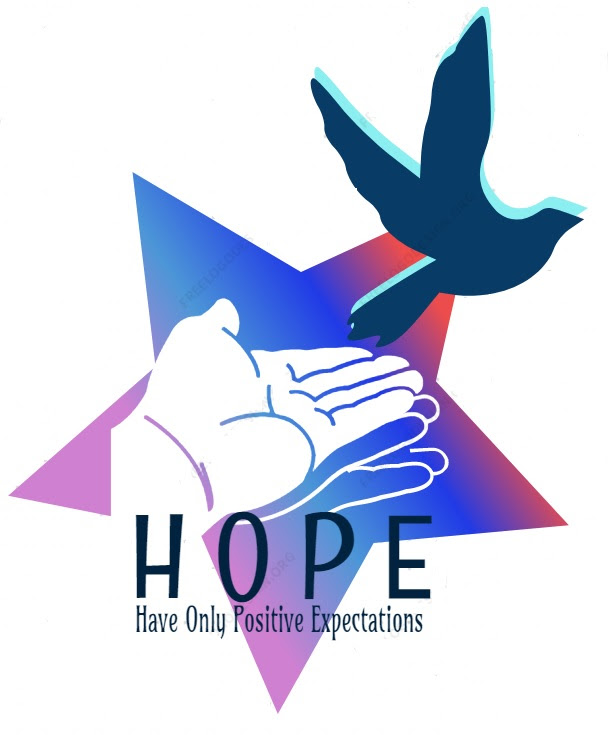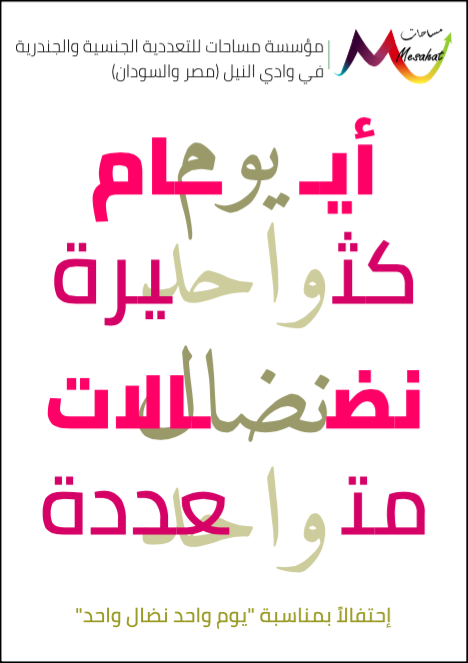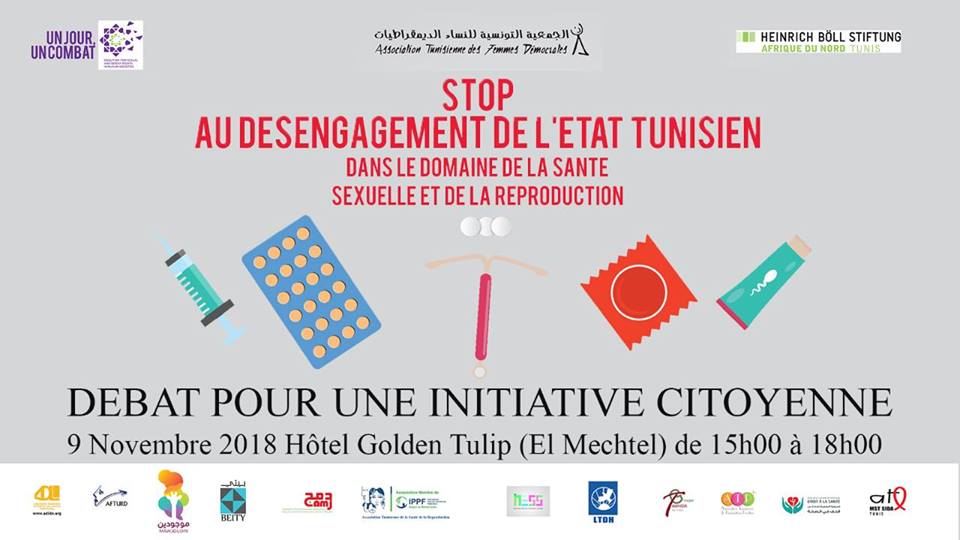Every 9 November communities around the world come together in celebration of sexual and bodily rights as human rights, as part of the One Day One Struggle! campaign (ODOS), coordinated by the Coalition for Sexual and Bodily Rights in Muslim Societies (CSBR).
By highlighting the pressing political developments impacting sexual and bodily rights across our local and national contexts, the campaign demonstrates that sexuality is a site of political struggle and seeks to build solidarity to support everyone’s right to choose freely on matters of sexuality, fertility, bodily autonomy, gender identity and self expression.
In 2019, One Day One Struggle actions are planned across Bangladesh, Egypt, India, Indonesia, Malaysia, Morocco, the Philippines, Tunisia & Turkey, with some cross-regional solidarity actions as well.
See a brief listing of the planned actions below, and keep up with us using on Twitter (@SexBodyRights, #OneDayOneStruggle), Instagram (@csbrsexbodyrights) and Facebook (facebook.com/CSBRonline) on November 9th for more details and updates as the actions occur!
_________________________________________
BANGLADESH
In Bangladesh, Bandhu Social Welfare Society will engage youths in a series of workshops on the theme of “Love Our Difference”, using discussion groups, experience sharing and self-expression through the use of arts, colors and paint. The outputs in the forms of videos will be shared online on 9 November as part of the ODOS campaign.
* * * * * * * * * *
Inclusive Bangladesh joins One Day One Struggle by sharing a ‘story book’ of everyday life of a Trans Woman in Bangladesh through their facebook page: https://www.facebook.com/INCLUSIVEBD/. This campaign will be termed as #মনেকিদ্বিধা (in English #MindStruggle). They’ll also hold an offline group discussion in a safe space with young queer people who are struggling to cope up with their identity. Leading from there, after 9 November a second online campaign will be launched under #মনেকিদ্বিধা where queer people can share their stories of struggle using the hashtag.
Inclusive Bangladesh is a youth led community organization based in Dhaka. Since 2013, Inclusive Bangladesh has been promoting gender equality, diversity, peace and religious literacy among the youths of Bangladesh. The storybook will be available on 9 November at Inclusive Bangladesh’s Facebook page: https://www.facebook.com/INCLUSIVEBD/
_________________________________________
This year بث نسوي / Feminist Podcast celebrates One Day One Struggle with the launch of “How Do You Take Your Coffee?“, a podcast exploring consent.
Silence is not consent, communication is (supposedly) ideal to arrive at an agreement appealing to everyone involved. Common as it sounds, we’re stuck with how to pursue consent within intimate relationships. Are there common rules? There are more questions than answers in this podcast! Follow our two hostess reflecting on consent both within intimate relationships and for the ‘right’ sip of coffee.
#onedayonestruggle #التراضي #الموافقة
About بث نسوي / Feminist Podcast: We’re a group of feminists using this space to share thoughts, conversations and perspectives on sexual and reproductive rights in Egypt and the whole world.
* * * * * * * * * *
EGYPT & SUDAN
 Mesahat Foundation will launch an art poster that explores the daily strength, resistance and resilience of breaking conformism through our bodily representations and psyches.
Mesahat Foundation will launch an art poster that explores the daily strength, resistance and resilience of breaking conformism through our bodily representations and psyches.
Whether we are queer, trans bodies, intersex, persons in drag, bodies with showing or hidden different ability, plus size, minus size, people who survived abortion, who survived FGM, who choose selective stages of transness; our arrays of non-conformism surely bring “conformism” into question, but while doing that, we acknowledge the struggle it holds within. What keeps us and our struggles continuing, across regions where access to proper psychological and wellness care is scarce, is our collective healing, care and support.
Stay tuned!
_________________________________________
INDIA
In India, the Queer Muslims Project, will host an Instagram Live discussion from at 6PM IST (India Standard Time) on Saturday 9 November, on the topic “Best Practices for Trans Rights in Muslim Contexts”.
TQMP will be in conversation with Dr. Aqsa Shaikh, a Muslim trans woman from Delhi, India, who is a Medical Educator and Advocate for trans and intersex persons’ rights; as well as Amar Alfikar, a Muslim trans man activist who has been working on interfaith and queer groups in Indonesia. He also teaches at the Nurul Hidayah Islamic Boarding School in Central Java.
Tune in & follow the Queer Muslims Project on Instagram: @theQueerMuslimsProject
_________________________________________
INDONESIA
GAYa NUSANTARA and Voices of Youth are hosting a discussion on sexual and gender diversity from within an Islamic perspective on 7 November 2019 to celebrate One Day One Struggle.
Arif Nuh Safri is a lecturer of Tafsir and Pemikiran Hadist (Interpretation and Hadist Metholodogy) in Quranic Science Institute, Yogyakarta. He is also an Imam in Pesantren Al Fatah, an Islamic Boarding School for transgender women. He is very supportive and progressive in creating safe space for queer people to talk and share their experience as well as looking for interpretation and spiritual space for them.
Amar Alfikar is a transman muslim activist who has been working with interfaith community and queer groups particularly those who seeks reconciliation between their gender/sexuality and their faith. He also teaches in Nurul Hidayah Islamic Boarding School in Central Java.
M Rizky (Eky) is youth activist mainly working on issues of diversity, law and human rights, as well as politics. He is deputy secretary of Gaya Nusantara and program staff of Strong in Diversity which has been focusing on strengthening relation among diverse identities in Indonesia.
Follow GAYa NUSANTARA on Twitter @GAYaNUSANTARA and Instagram @YayasanGAYaNusantara for updates.
_________________________________________
MALAYSIA
In Malaysia, Cempaka Collective hosts a workshop series on the issue of technology related violence, specifically so-called “revenge porn”.
The term ‘revenge porn,’ though frequently used, is somewhat misleading. Many perpetrators are not motivated by revenge or by any personal feelings toward the victim. Is there any more accurate term for it and most importantly, how can we protect ourselves when the cyber law is not protecting us enough? Come and join Cempaka Collective workshops on law literacy, digital security and mindfulness altogether this November!
Follow Cempaka Collective on Twitter @Cempaka_Co & Instagram @Cempaka_Co to find out more.
* * * * * * * * * *
Women’s Aid Organization (WAO) advances their on-going campaign #7DaysforDads to introduce 7 days paternity leave in the private sector in Malaysia. WAO has launched a petition: https://www.change.org/p/ministry-of-human-resources-malaysia-introduce-7-days-of-paternity-leave-in-malaysia — already signed by over 37,000 Malaysians — which will be delivered to Parliament in Kuala Lumpur on 13 November 2019.
Follow WAO on Twitter: https://twitter.com/womensaidorg and Instagram: https://www.instagram.com/womensaidorg/ for updates on the campaign.
_________________________________________
MOROCCO
In Morocco, Kasbah Tal’fin will host one of the on-going Sip Coffee & Talk Gender Roles (STGR) workshops. The workshop series uses creative means to raise awareness about gender roles & expand the discussion specifically with young people, women and the LGBTQ+ community in the southern regions of Morocco. Kasbah Tal’fin works to promote LGBTIQ+ and women’s freedoms, participation in public life & gender equality.
 From 8 November onwards, Pilipina Legal Resources Center (PLRC) in cooperation with Pilipina Davao will launch Gender Based Relief Efforts in Earthquake Affected Areas in Southern Philippines in light of the 6.6 magnitude earthquake on 28 October 2019 that resulted in thousands of evacuees and damaged homes.
From 8 November onwards, Pilipina Legal Resources Center (PLRC) in cooperation with Pilipina Davao will launch Gender Based Relief Efforts in Earthquake Affected Areas in Southern Philippines in light of the 6.6 magnitude earthquake on 28 October 2019 that resulted in thousands of evacuees and damaged homes.

 In Turkey, from 9-10 November 2019, WWHR-New Ways and KAOS-GL are hosting a 2-day workshop in Istanbul with diverse civil society advocates.
In Turkey, from 9-10 November 2019, WWHR-New Ways and KAOS-GL are hosting a 2-day workshop in Istanbul with diverse civil society advocates.
The workshop aims to strengthen feminist & cross-movement solidarity, support and pro-active collaboration in the face of heightened attacks on gender equality and human rights across the country.
* * * * * * * * * *
This year CSMD (the Association for Struggle Against Sexual Violence) and Y-PEER Turkey join ODOS to raise awareness about the need for comprehensive sexuality education in Turkey. Follow CSMD on Instagram @cinselsiddetlemucadeledernegi
_________________________________________
ACROSS CONTEXTS
IWRAW-AP and CSBR, will be in conversation with All India Network of Sex Workers (AINSW), African Sex Workers Alliance (ASWA), Asia Pacific Network of Sex Workers (APNSW), Global Alliance Against Traffic in Women (GAATW), Project X (Singapore)–for a twitter chat on the struggle for sex workers’ rights, on 9 November, at 6-7 PM Kuala Lumpur, Malaysia time (GMT+8).
Follow CSBR @SexBodyRights and IWRAW-AP @IWRAW_AP on Twitter and join the conversation using #OneDayOneStruggle and #RightsNotRescue!




















